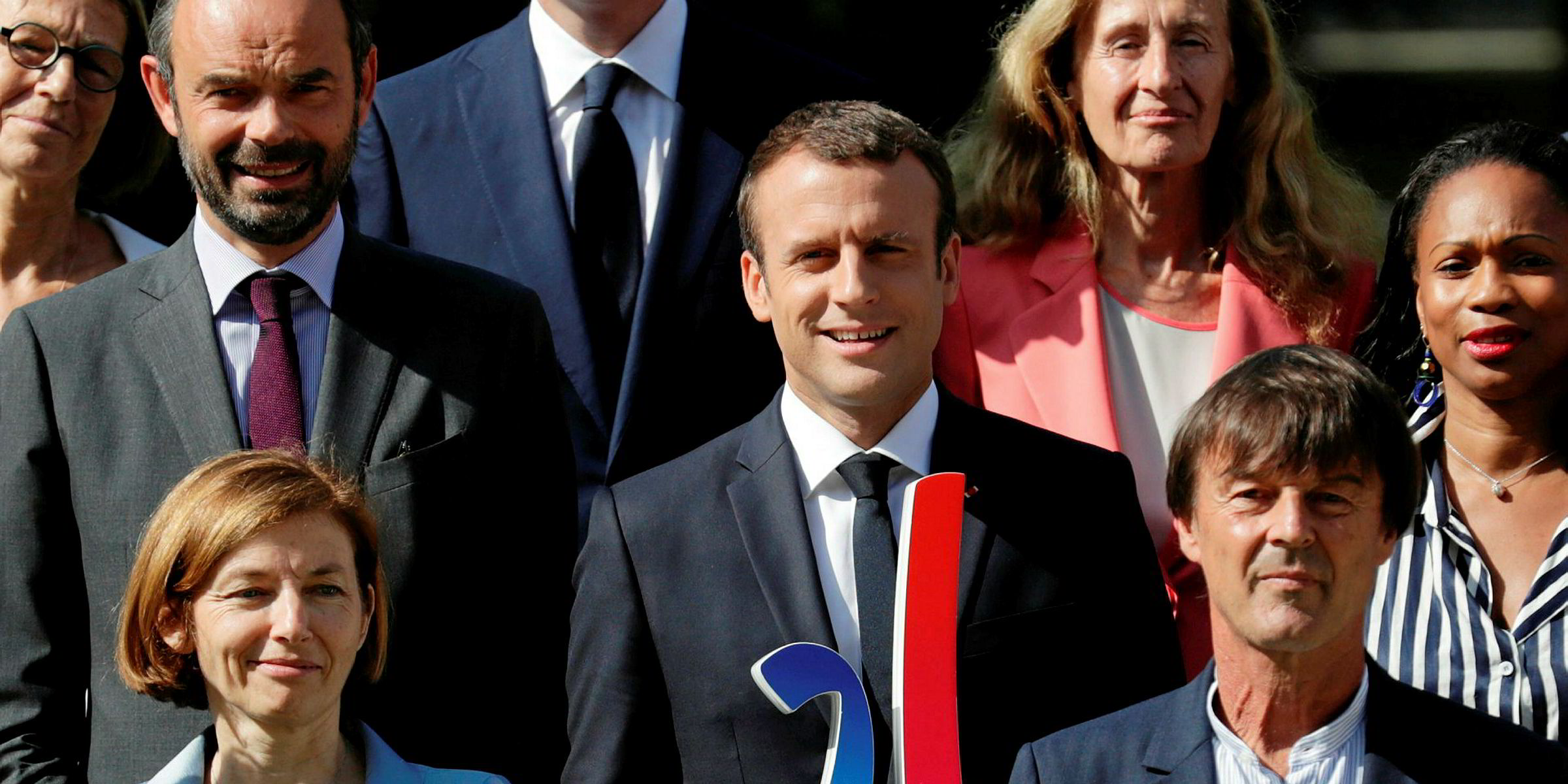An admission by Nicolas Hulot, the French minister for ecological transition, that his country won’t be able to meet a commitment made by the previous government to reduce the share of nuclear power in the electricity mix to 50% by 2025 has led to fierce criticism by environmental and wind groups.
The previous government under former President Francois Hollande in a 2015 energy transition law set the target to phase-down nuclear energy from around 75% currently, but had not closed a single nuclear power station, nor presented a plan on how to reach the reduction.

